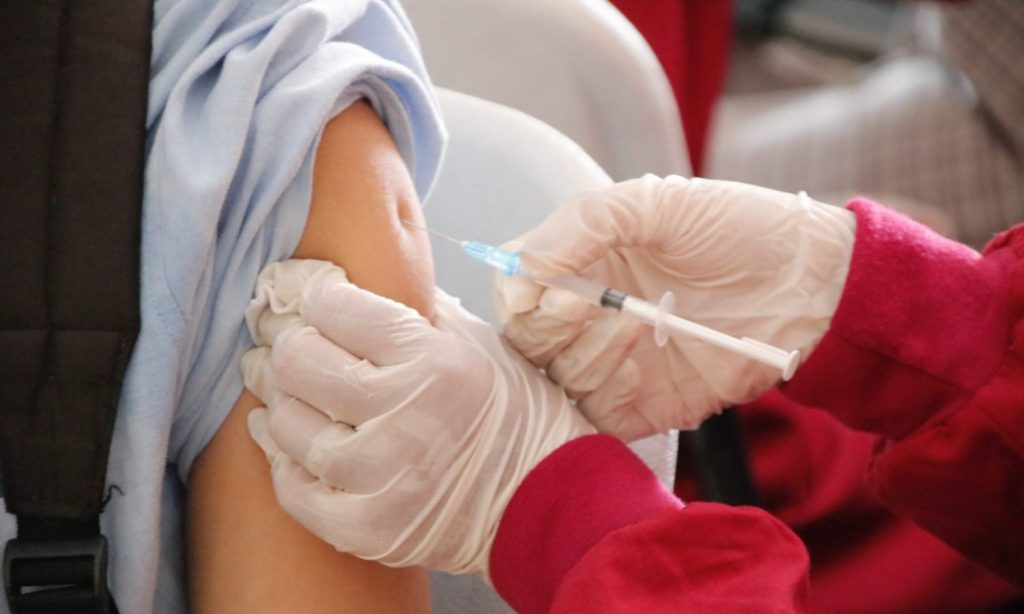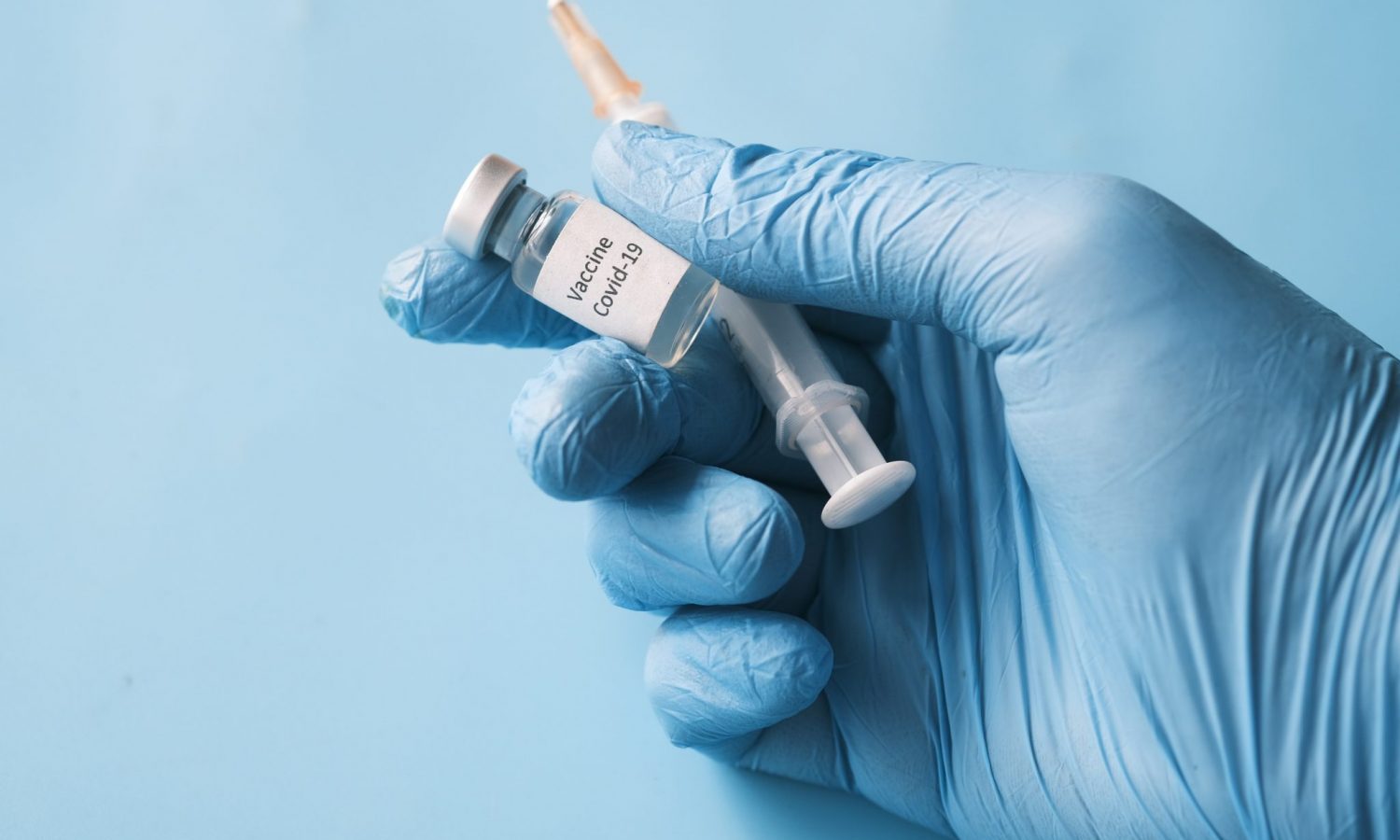A new study shows that skipping out on this important step might lower your immunity to the virus.
A recent study has shown that the combination of a COVID-19 infection and the COVID-19 vaccine results in the most powerful form of protection against the virus. But another study indicates that this isn’t always the case, especially if you contracted COVID-19 after your first vaccine dosage.
Published in the journal Epidemiology & Infection, this recent study suggests people should get both rounds of shots no matter their situation, including if they contracted COVID-19 after their first shot or months before their inoculation.
RELATED: 3 New COVID-19 Vaccine Discoveries

The study tracked a small amount of participants’ antibody levels in Israel and showed that those who got a COVID-19 infection after their first shot and never got their second shot had similar antibody levels than people who’d only gotten their first shot and had never contracted the disease. While the study’s sample was small, the results should encourage people to complete their full immunization.
While there’s a belief that one shot is better than no shot, it’s still very important for people to get both rounds of shots. A study published in October showed that immunization from a single shot is relatively short, lasting for about three months. After that period of time has lapsed, reinfection is possible, opening yourself and others to risk.
RELATED: This Is A Huge Perk Of Getting Vaccinated After Having COVID-19
The CDC has been adamant about vaccinations, claiming that everyone that’s eligible — basically everyone over the age of 12 — should get their shots. If someone contracted COVID-19 after their first shot, their second shot should be delayed until full recovery, primarily in order to prevent putting others at risk of contracting the disease. Once the person is tested and the COVID-19 test returns negative, they should get their second shot, completing their immunization.


